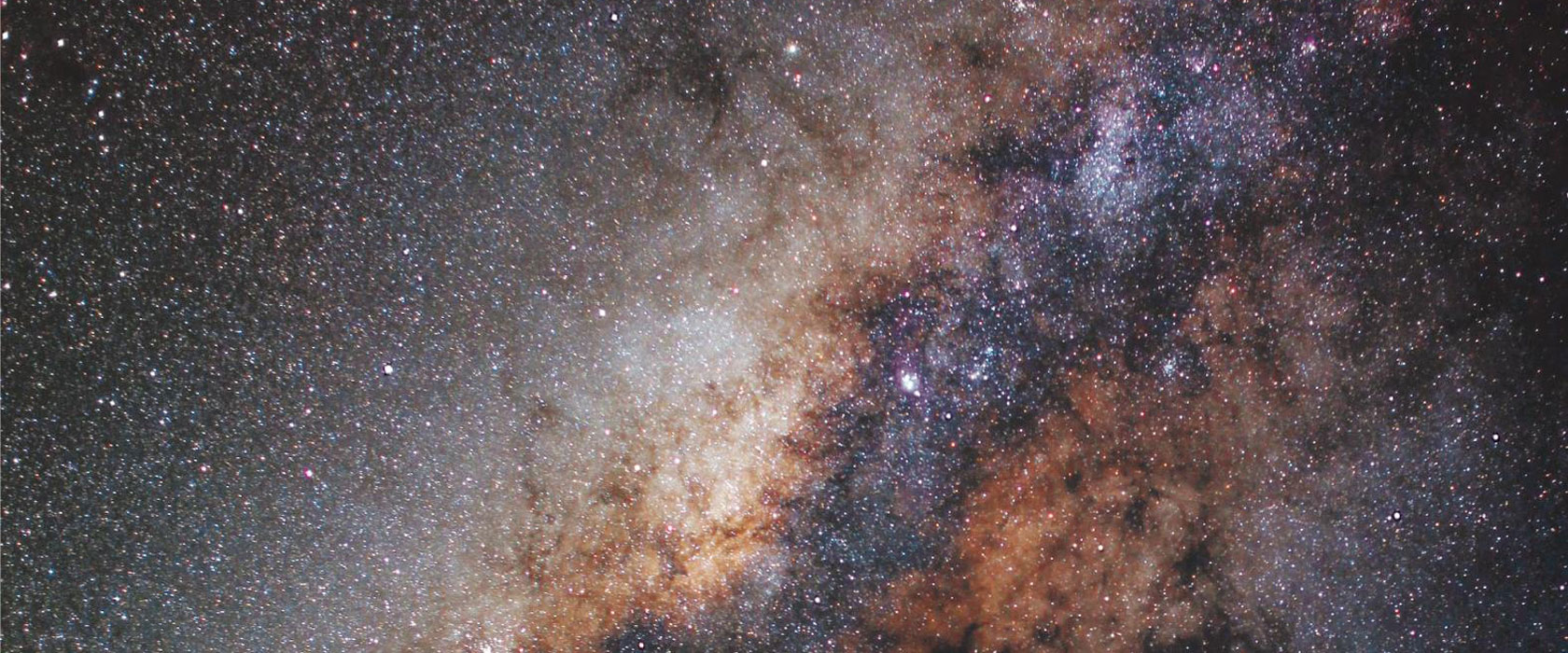By: Jon Farrow
26 Mar, 2020

Sloan Fellowships are widely regarded as an endorsement of an early-career researcher’s instincts and skills as a scientist. The Fellowships support promising young researchers at a crucial time in their careers. Researchers are selected based on their accomplishments, their creativity, and their leadership potential.
“Early-career researchers are the engines of paradigm-shifting research,” says Alan Bernstein, CIFAR President & CEO, “We are very proud to include Renée and Adrian as members of the CIFAR community of outstanding Azrieli Global Scholars and look forward to the advances that they will make about the universe and our place in it.”
Renée Hložek is an assistant professor at the University of Toronto who studies dark matter and dark energy at the Dunlap Institute for Astronomy and Astrophysics.
“It’s a sort of validation of the choices I’ve made as a scientist,” says Hložek. “When you are doing science, you are never quite sure. You follow your gut and you do what you think is really interesting, but these kinds of awards are really great and very humbling, because you’re not working in your own head anymore. Someone else is saying that your choices have been right and they think you have potential to do well in the field.”
Adrian Liu is an assistant professor at McGill University studying the Cosmic Dawn and how the first stars and galaxies formed.
“ [The Sloan Fellowship] means a lot!” he says. “Particularly since I applied last year as well and didn’t get it. It feels good that I can use this as an example for my students, because I always tell them we “fail our way to success”, and that in science it’s often more about simply not giving up.”
Hložek and Liu join 18 other CIFAR fellows and CIFAR Azrieli Global Scholars who have been awarded Sloan fellowships while members of CIFAR programs:
Bruce Gaulin (Quantum Materials, McMaster University, 1990 Sloan Fellowship)
Louis Taillefer (Quantum Materials, University of Sherbrooke, 1995 Sloan Fellowship)
Julio Navarro (Gravity & the Extreme Universe, University of Victoria, 1999 Sloan Fellowship)
Eva Silverstein (Gravity & the Extreme Universe, Stanford University, 1999 Sloan Fellowship)
Barth Netterfield (Gravity & the Extreme Universe, University of Toronto, 2001 Sloan Fellowship)
Hae-Young Kee (Quantum Materials, University of Toronto, 2003 Sloan Fellowship)
Luis Lehner (Gravity & the Extreme Universe, University of Waterloo, 2003 Sloan Fellowship)
Andrea Damascelli (Quantum Materials, University of British Columbia, 2007 Sloan Fellowship)
Patrick Hayden (Quantum Information Science, Stanford University, 2007 Sloan Fellowship)
Frans Pretorius (Gravity & the Extreme Universe, Princeton University, 2007 Sloan Fellowship)
Alexandre Blais (Quantum Information Science, Université de Sherbrooke, 2008 Sloan Fellowship)
Matt Dobbs (Gravity & the Extreme Universe, McGill University, 2010 Sloan Fellowship)
Joshua Folk (Quantum Materials, University of British Columbia, 2010 Sloan Fellowship)
Rob Fergus (Learning in Machines & Brains, New York University, 2011 Sloan Fellowship)
Melissa Dell (CIFAR Global Scholar 2012-2014, Institutions, Organizations & Growth, Harvard University, 2016 Sloan Fellowship)
Joel Zylberberg (CIFAR Azrieli Global Scholar 2016-2018, Learning in Machines & Brains, York University, 2017 Sloan Fellowship)
Gabriela Schlau-Cohen (CIFAR Azrieli Global Scholar 2016-2018, Bio-Inspired Solar Energy, MIT, 2018 Sloan Fellowship)
Jenny Yang (CIFAR Azrieli Global Scholar 2018-2020, Bio-Inspired Solar Energy, University of California Irvine, 2018 Sloan Fellowship)
The CIFAR Azrieli Global Scholars program supports exceptional early-career researchers with funding of CA$100,000 over two years, mentorship, a global network, and professional skills development.
CIFAR’s Gravity & the Extreme Universe program unites world-leading researchers from a number of relevant fields who are taking advantage of the wealth of new information provided by gravitational waves. Fellows were chosen not only for individual excellence, but also for their expertise from a variety of fields, and across theory, experiment and observation.
CIFAR is a registered charitable organization supported by the governments of Canada and Quebec, as well as foundations, individuals, corporations and Canadian and international partner organizations.